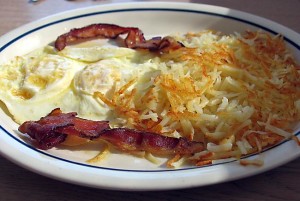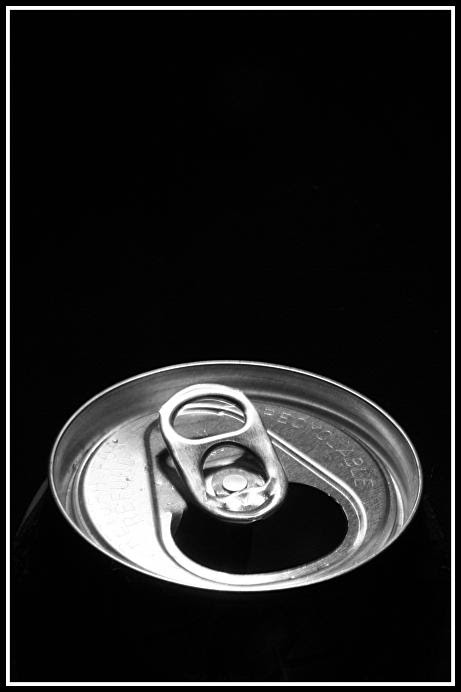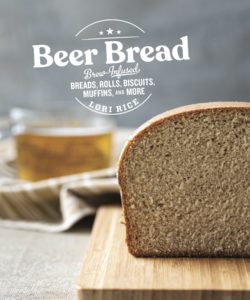What has changed?
This is a question that I asked myself all throughout my studies of nutrition and still do. You hear the stories about great, great Grandfathers who worked on the farm, ate a dozen eggs and a ½ pound of sausage a day, pies and cakes made with lard and still lived to be well past 90, with no health problems, I might add.
At first thought it is obviously due to physical activity. We are much more sedentary, even those of us who do workout on a daily basis. We aren’t working from sun up to sun down doing calorie sucking, manual labor.
This of course is part of it for many. But what about those of us who try to eat a healthy diet, exercise and still struggle to maintain a healthy weight? And what about all these diseases? Those that affect the organs and heart which strike even people whose lifestyles are a perfect example of health.
Every person can come up with their own reasons based on experiences, but for me it has come down to an overabundance of fake food. Our bodies have been stuffed full of food products for years. We’ve even started believing that these things are food. Ever looked at the ingredient list of something fruit flavored only to find there is none of the actual fruit in it?
Food science is a huge industry and one that is beneficial to society. I once toyed with the idea of pursuing it as an additional major. However, there is a lot of food science at work to develop non-food products into things that look and taste like real food. Personally, I don’t want any part of that.
To me, this is what has changed about our diets compared to that of our real food eating 90+ year old great grandfathers.
Just to show that my feelings on this aren’t based on make-believe here are a couple things I’ve looked into in recent years that have motivated my paying attention to fake food. I’ll just talk about them shortly here because I’d like to go into more detail about them later.
Aspartame
I am perfectly willing to admit that I was once the diet soda queen. I have almost broken the habit and find I like sparkling water just as much. My addiction really came from the fact that it helped me curb my appetite in the afternoons, a no-calorie snack that kept me full.
It wasn’t until I got to grad school that I met several people who avoided diet soda and other aspartame containing products. Their reasons were the effect it has on the liver and on brain development. I had never really considered these dangers.
More recent research has show me that many of the studies done on aspartame (those not supported by manufacturers) show problems associated with its consumption. Results have indicated a relationship with weight gain, memory loss and even some cancers.
High Fructose Corn Syrup (HFCS)
One might argue that this is a real food because it comes from corn. What is misleading for people, including me, is that the word fructose is in the name. Fructose is fruit sugar so what could be bad? That is what I thought until I started reading more and more about its development and affect on the body.
Yes, it is made from corn, or corn starch, using enzymes. In most cases these enzymes are genetically modified. HFCS is part fructose and glucose. Glucose can be metabolized by cells, but fructose is metabolized by the liver. Results from a USDA study showed that rats consuming HFCS had a fatty liver similar to that of an alcoholic.
In addition, studies have shown that HFCS fails to signal the release of our “I’m full” hormone, leptin. Therefore our satiety (level of fullness or satisfaction) is altered. This can mean we still eat those calories even thought we drank 200 in a soda. We don’t compensate for them later in the day which can lead to weight gain.
These are just a few things to get me started. These are the types of things that have really made me stop and think about what I’m putting in my body and asking myself if it is food and if it is beneficial.
I do have to admit that the soda habit has been the hardest I’ve ever had to break. There is quite a strong addiction there if you are used to drinking them.
What are your feelings on aspartame and HFCS? Do you have a soda habit you want to break?
Photo by anitapatterson, morguefile.com







I wish more people knew how terrible HFCS was. Thanks for getting the word out!
Juice in Chile is super sweet, so when I first got here we started buying diet powdered juice because it actually tastes somewhat like jucie rather than just tasting like sugar. It was great until I read the ingredient list and realized that of course rather than just NOT adding sugar to normal juice, they were using all sorts of artificial stuff. Now we mostly stick to water…I miss my US juice, but not enough to drink chemicals all day!
@daily – I agree. I’m just beginning to learn more about it. The problem is, it is in practically everything, even yogurt.
@emily – They love things sweet in Brazil too. I even have friends who order it extra sweet. You can order juice out everywhere here and you can ask for it without sugar and then just add a little to taste.
I wish this type of juice was more welcomed in the US. The real stuff can be good for you when it doesn’t have all that sugar! 🙂